Earlier this year, the UK government announced that it was considering bringing a planned ban on sales of new petrol and diesel cars and vans forward from 2040 to 2035 – or maybe even earlier – and extending it to include hybrids and plug-in hybrids. As part of the process, the Department for Transport and Office for Low Emission Vehicles launched a public consultation to find out what the public thinks of its proposals.
The consultation asks for views on:
ï¬ The phase-out date.
ï¬ The definition of what should be phased out.
ï¬ Barriers to achieving the above proposals.
ï¬ The impact of these ambitions on different sectors of industry and society.
ï¬ What measures are required by government and others to achieve the earlier phase-out date.
This is a hugely significant and important decision, and we at Autocar felt it was vital to make sure that our voice – and yours – is heard. Below, therefore, is our response to the consultation, which we have submitted to OLEV. We urge you to do the same.
Autocar's view
Let’s make one thing clear: Autocar supports the electrification of the UK car parc as quickly as is practicable, both as a way of cutting toxic emissions in our cities and of eliminating the CO2 output of British cars and vans, a contributor to global warming. For years it has been clear to us – as we believe it also has been to all global car makers – that these are dominant, desirable outcomes.
However, the proposed ban on sales of all internal-combustion-engine (ICE) cars and vans by 2035, and possibly 2032, strikes us as a close-to-unworkable way of achieving laudable aims.
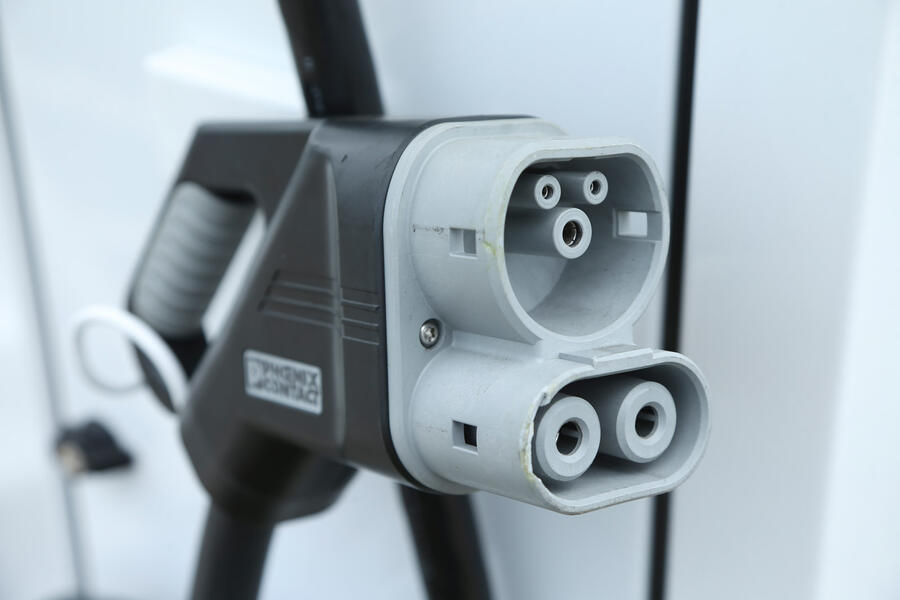

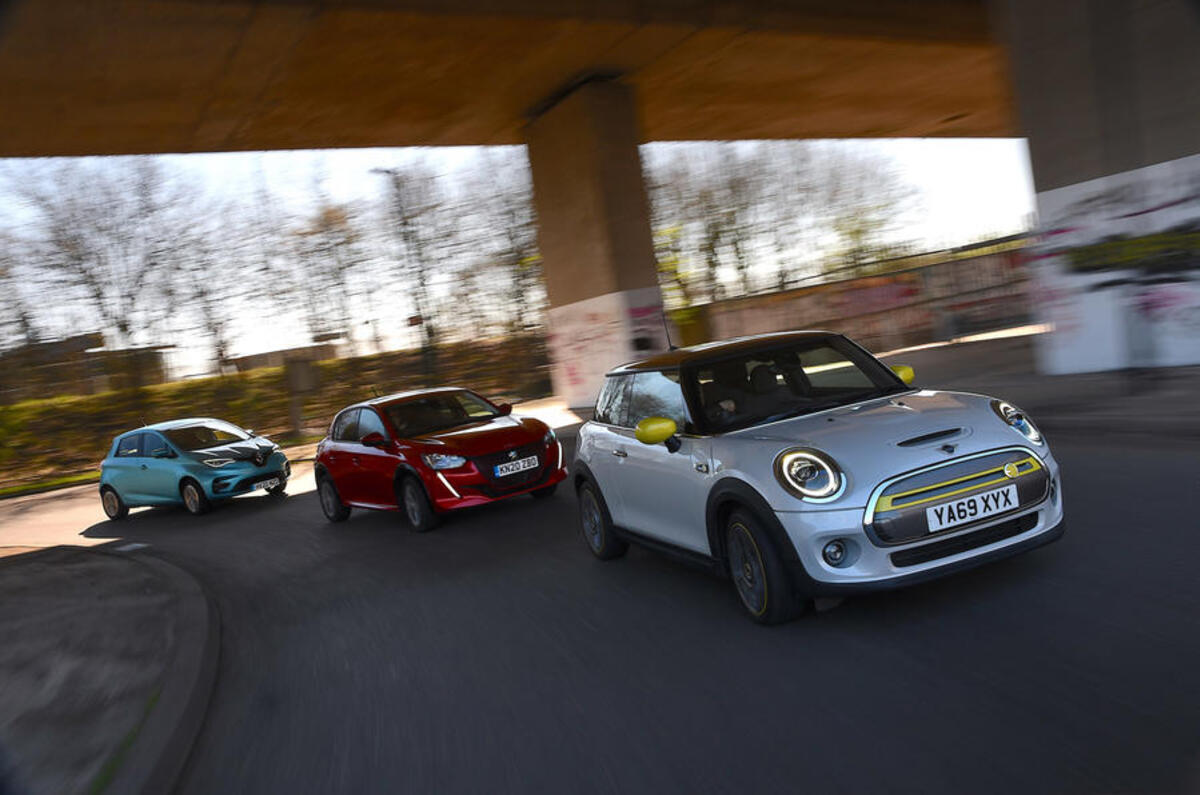
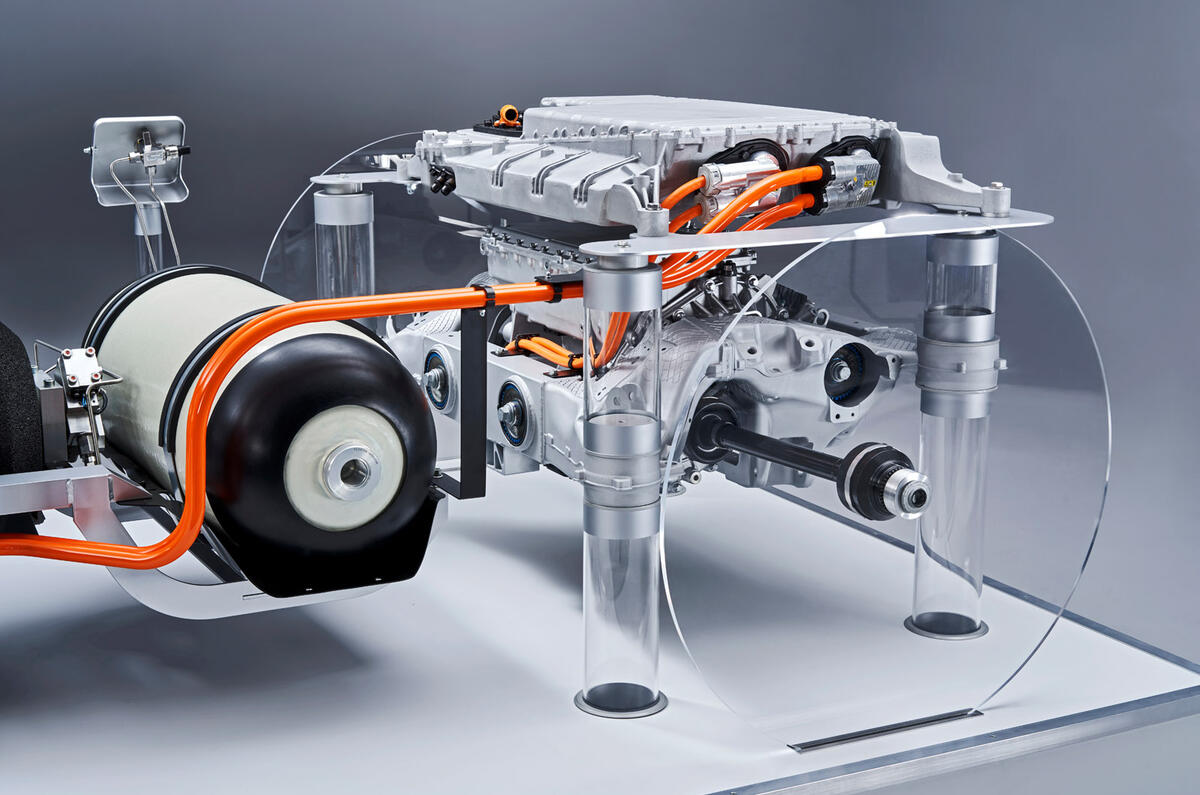
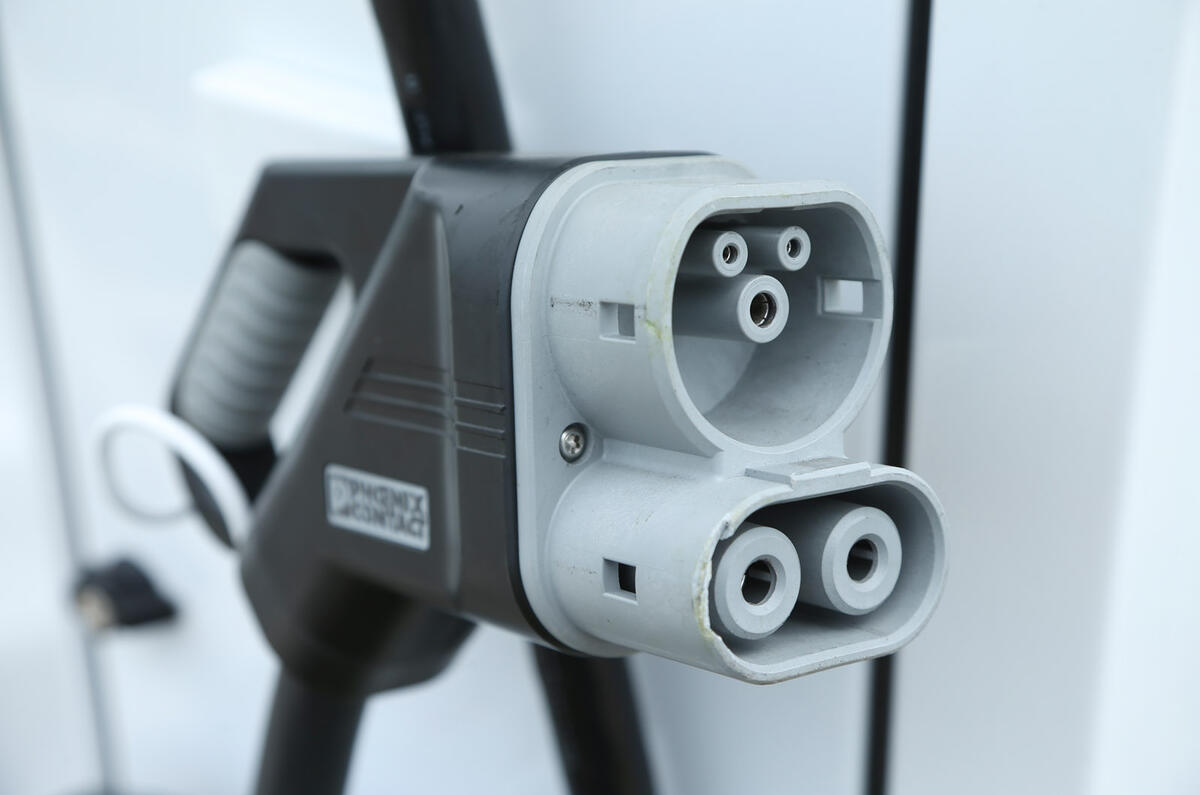
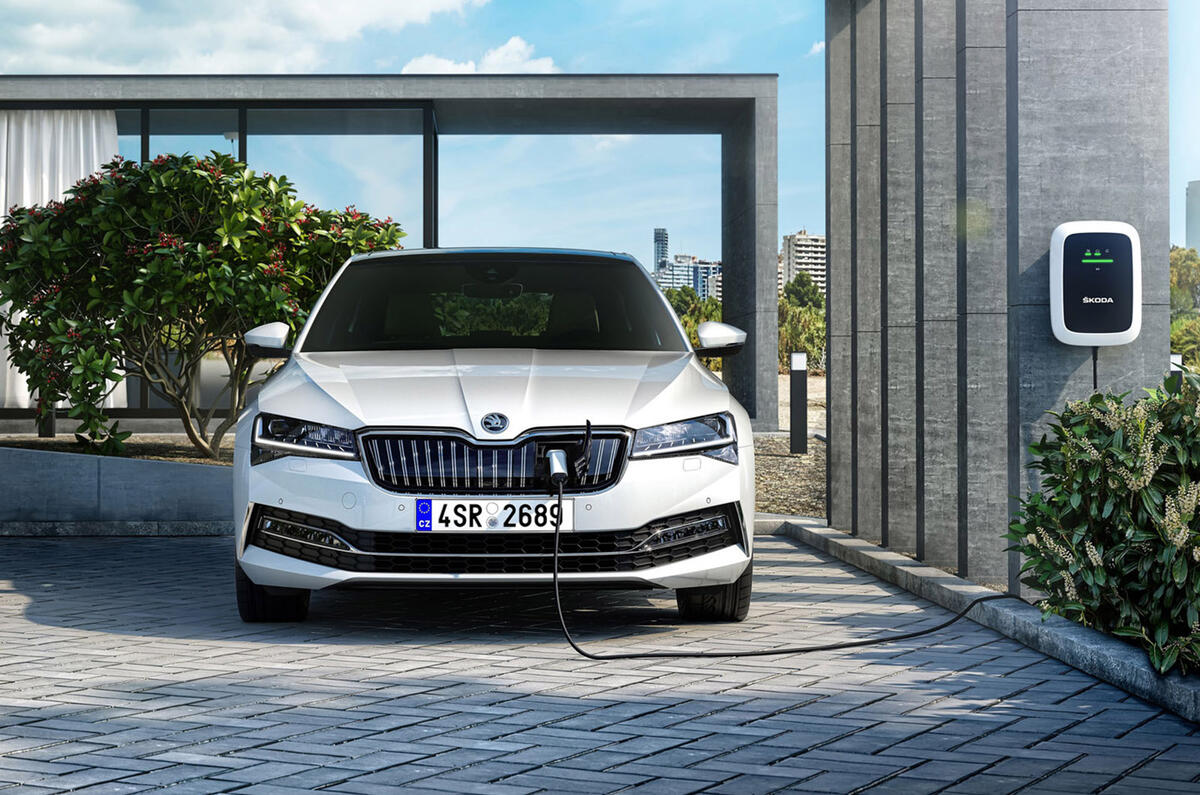
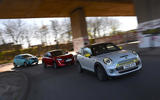
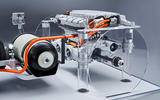

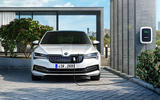

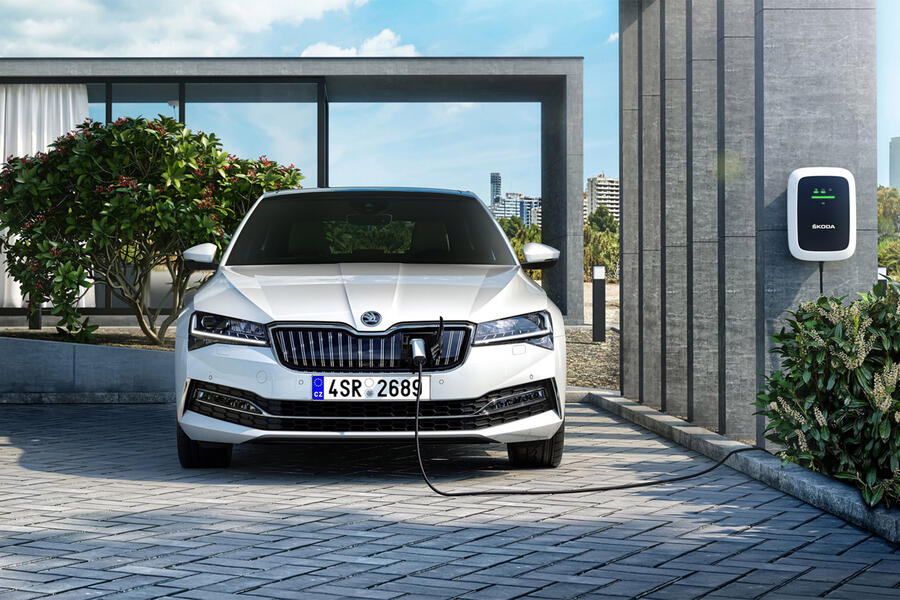
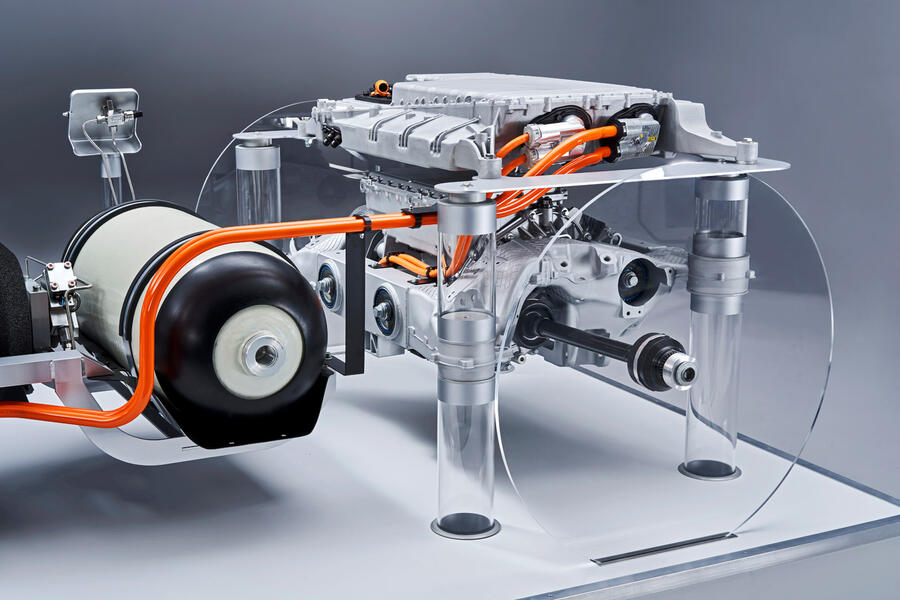


Join the debate
Add your comment
Don't Panic
There are millions of people who have no access to charging facilities and are never likely to, so for them, an EV is impractical and probably unaffordable.
And many more millions whose motoring is via 'bangernomics', never paying more than a thousand pounds or so for their cars.
Banning the sale of new hybrids is bonkers and if we ever reach the stage where there is a surge in demand for petrol & diesel-fuelled cars, just before the ban, that will show that demand for new cars is likely to drop steeply after the ban, forcing government to drop their ridiculous plans otherwise the car industry will be crippled.
Autocar - maybe step back and see a bigger picture?
Evidence is growing for a potential major disruption to road transport, occuring in the next 10-15 years. This is based on the collision of technologies currently occuring - increasingly cheaper batteries, better EVs and huge improvements in autonomous technology.
Many now believe that these changes will turn the car industry on its head, causing many major players to disappear. EVs will become so cheap and so good that customers will migrate in droves, killing companies that are unable to adapt. In this scenario, IF correct, the government policy about a ban on IC cars simply recognises market forces. It could happen anyway by 2035. The gov possibly isn't driving change, it is possibly just getting out of the way.
Sad to see that Autocar
Sad to see that Autocar repeats the absurd idea that mankind is in any way responsible for the imaginary 'Climate Change' and believes CO2 to have any significant impact upon temperatures.
By all means use electric cars to help keep the air clean in cities, but please drop the Climate Change nonsense.